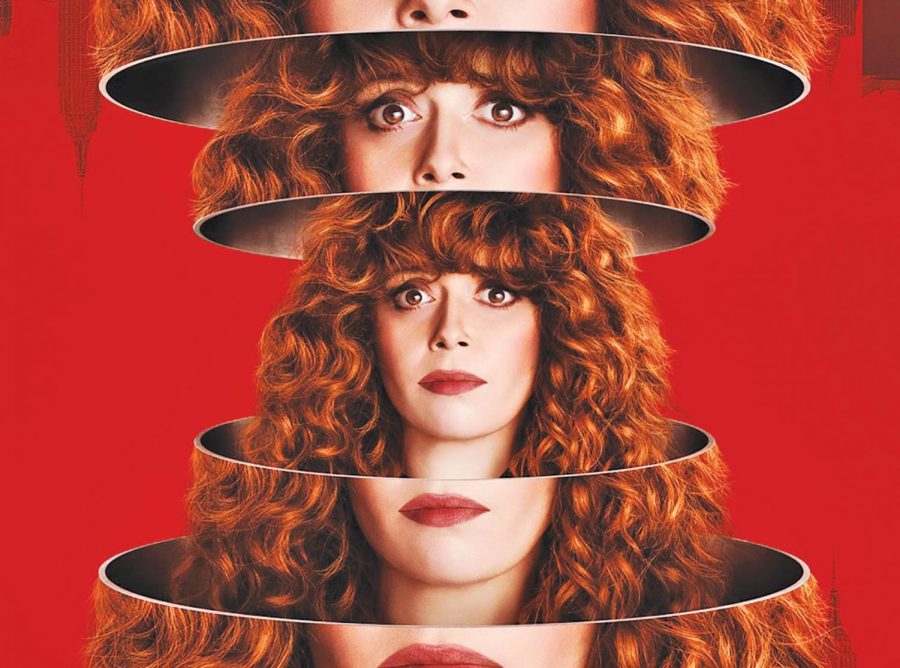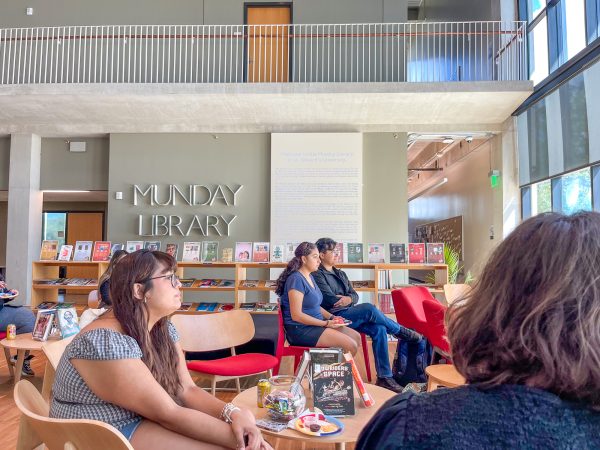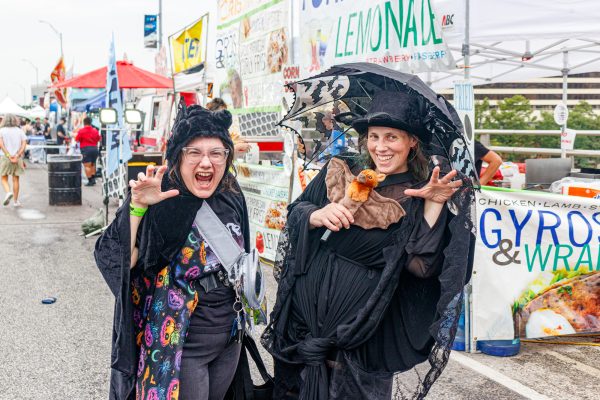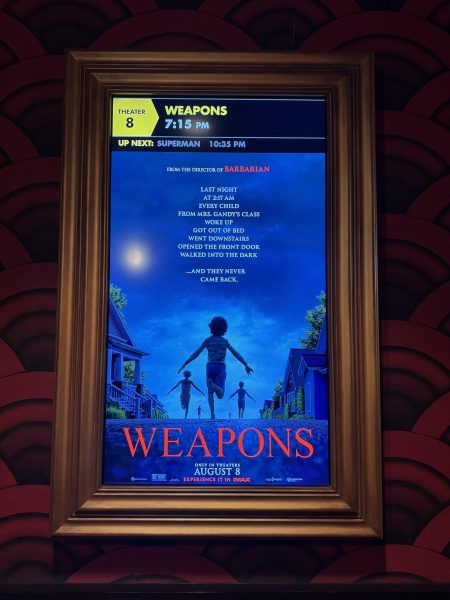Netflix series presents another side of Amy Poehler’s writing style
The series is a parallel to popular films ‘Groundhog Day,’ ‘Happy Death Day.’
Have you ever wondered what it would be like to live a single day over-and-over again, or how one thing said or done differently might result in a different outcome?
Apparently creators Amy Poehler, Natasha Lyonne and Leslye Headland have had these thoughts, too. Netflix has released a new original series called “Russian Doll,” starring Lyonne as the main character, Nadia.
Netflix has the show listed as “offbeat” and “cynical.” The offbeat sensation of “Russian Doll” aligns with “Black Mirror” through the abnormal ways it causes viewers to think outside the box. Nadia’s character is cynical because she refuses to recognize and accept the past and move on.
At the start of the show, Nadia attends a birthday party being thrown in her honor, but dies before the night ends. To both Nadia and the viewers surprise, she finds herself back at the party, unharmed, as though nothing has happened. And this happens again. And again. And again.
Throughout the eight episodes, we watch as Nadia tries to navigate the cycle she has found herself in. In the midst of it, she meets a stranger named Alan who is experiencing the same thing. Together, the two of them work towards finding a solution to get out of the loop they are stuck in. They consider possible reasons for why they are the ones experiencing this and how they became connected in the first place.
At one point, Nadia explicitly questions how they became connected to each other seeing as how different their lives are. Their lack of interaction ultimately brings them to this point together.
Is the purpose of “Russian Doll” to point out our ever-growing individualism and our lack of connection with others, though that is what we need to survive? Is it a comfort that we are not alone in whatever we are going through, despite how much it may feel like we are?
Before the season finale, Nadia and Alan both confront their past hurts and traumas that they have been avoiding. It is through each other that they each reach the point of confronting the past, but it’s through each other that they become separated in the end to work through their past wounds alone. Has their time together proven enough to do it by themselves?
“Russian Doll” will produce a different purpose or meaning to each viewer depending on what their own experiences are. It also depends on what they pick up on in the subtle details of each episode. One thing “Russian Doll” does do for each viewer is keep them in a limbo of rooting for the characters to make it out of the loop while also eagerly awaiting to find out which way they’re going to die next.






